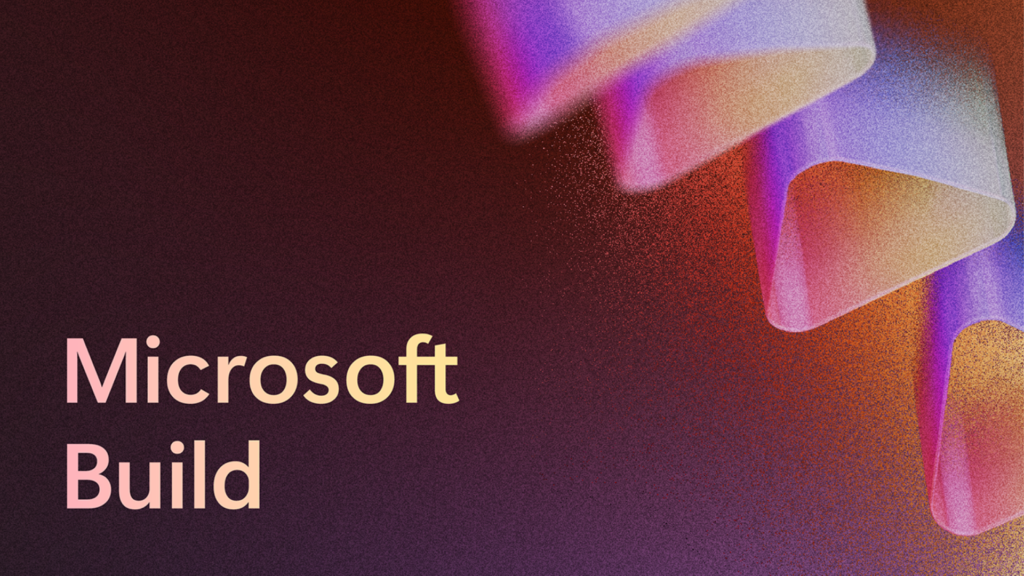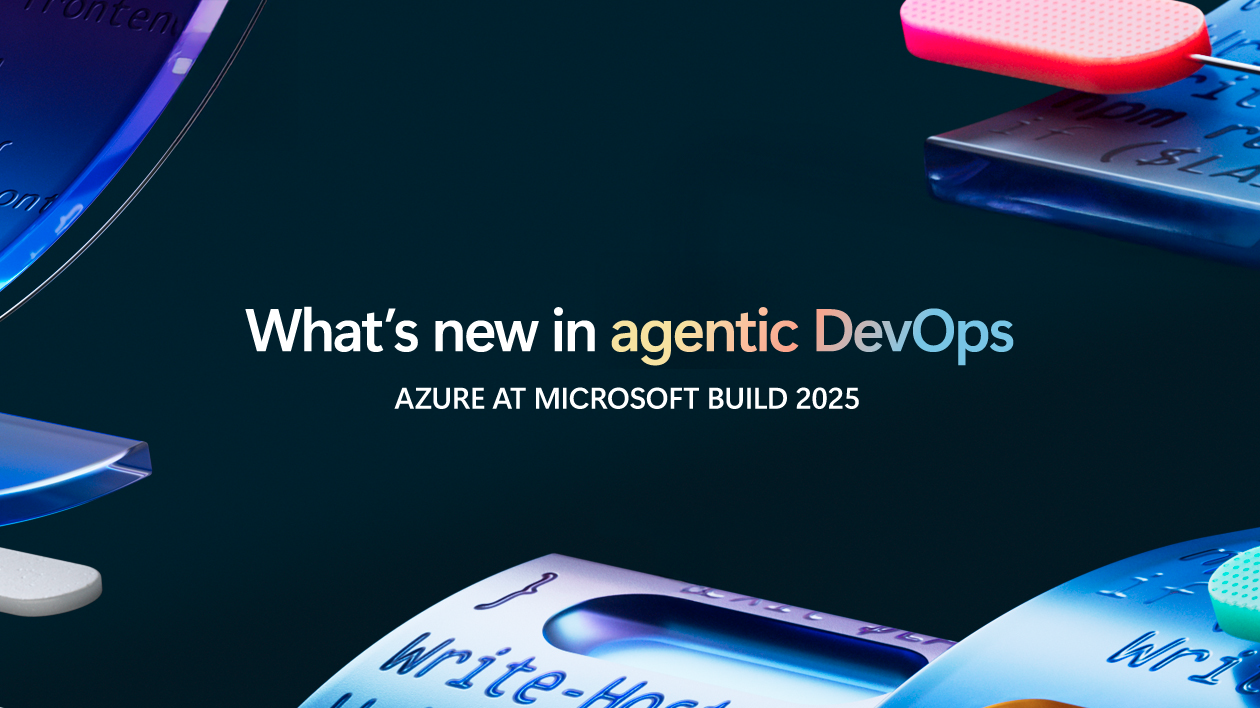The Headline
Microsoft's AI Innovations at Build 2025
At Microsoft Build 2025, we’re diving into the seismic shift happening in software development—and unveiling the future we’ll build together.
Satya Nadella
CEO of Microsoft
Key Facts
- Microsoft has launched Magentic-UI, a human-centered AI agent, at the Build 2025 developer conference, showcasing its commitment to integrating AI into software development.
- Windows AI Foundry was introduced as a platform supporting the AI developer lifecycle, enhancing opportunities for developers.1
- GitHub unveiled a new AI coding agent that assists developers, with over 15 million users already utilizing GitHub Copilot.
- Satya Nadella emphasized the integration of AI into software development, highlighting the role of AI agents in accelerating delivery.
- Microsoft Build 2025 showcased significant advancements in AI tools, including the introduction of Copilot Studio for building AI agents.

- Magentic-UI features a visible task panel that promotes transparency by showing all agent actions step-by-step.
Key Stats at a Glance
Number of developers using GitHub Copilot
15 million users
1

